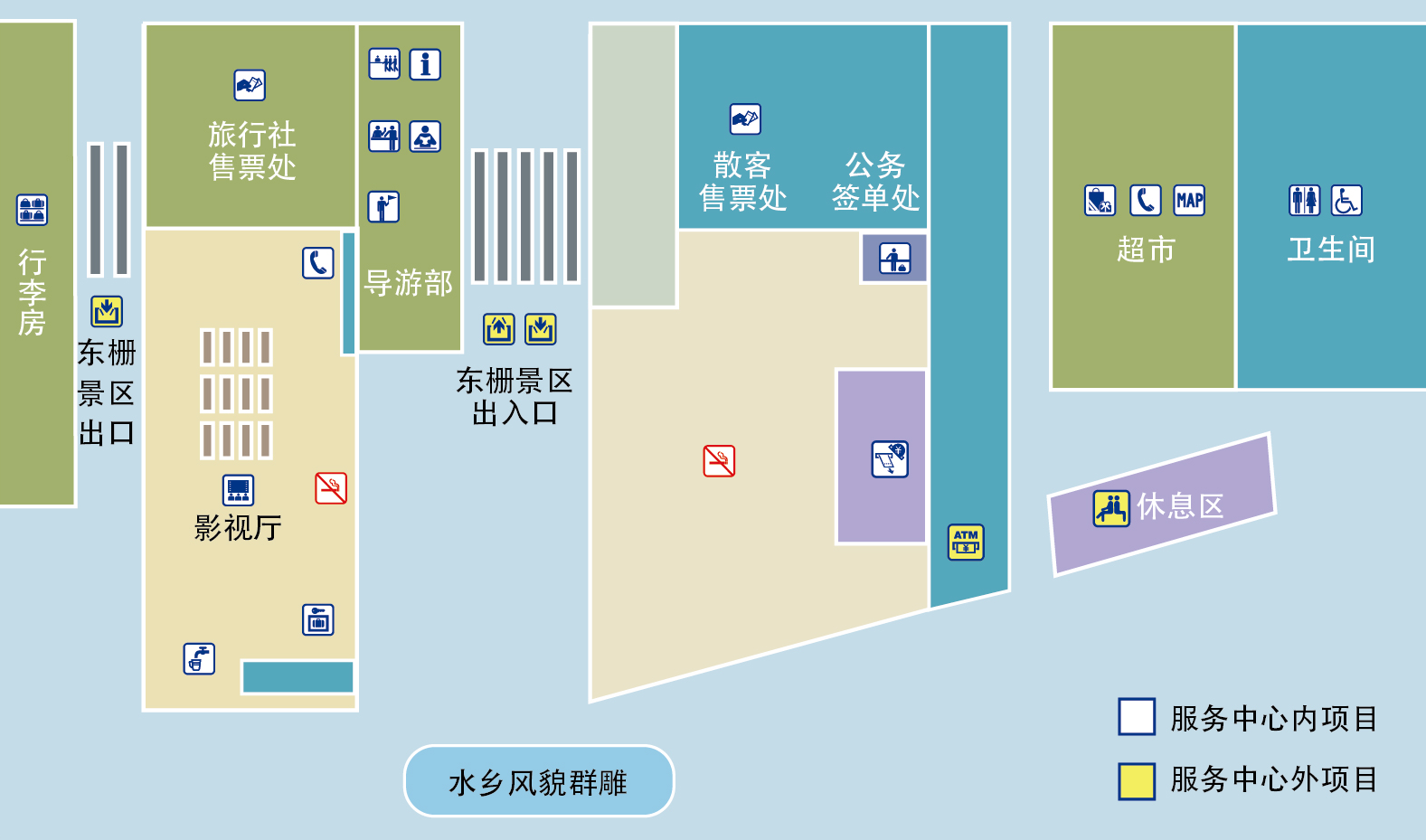

Mao Dun, originally named Shen Dehong, style name: Yan Bing, is a modern writer, social activist and the first minister of culture of New China. He was born on July 4, 1896 in Guanqian Street, Wuzhen, Tongxiang County, Zhejiang Province. His father, Shen Yongxi, was a scholar in the late Qing Dynasty, and was well versed in traditional Chinese medicine. He was a reformist figure with an open mind. His mother, Chen Aizhu, was a woman with a good knowledge of arts and sciences, foresight and strong character. Mao Dun lost his father at the age of 10. As a child, he accepted the knowledge of literature, geography and history taught by his mother, so Mao Dun said, "My first teacher is my mother" (The Road I Walked).
Mao Dun was admitted to Peking University Preparatory College in 1913, and graduated in 1916, working in the Compilation Institute of Shanghai Commercial Press. He started his literary activities in 1920, and organized a literary research association with Zheng Zhenduo, Ye Shengtao and so on. In 1921, he continued to compile Novel Monthly, advocated realism, and translated and introduced foreign literature and art, which has a great influence on the Chinese new literature movement. In 1927, the first novella, Disillusionment, was published, which, together with Shaking (1928) and Pursuit (1928), became the trilogy of Erosion, arousing strong repercussions. Midnight, a novel written in 1933, is his most important masterpiece. In order to fight against the Kuomintang news inspection agency, Mao Dun used 113 pen names in his life, mainly Xuanzhu, Fangbi, Zhijing, Pulao Xingtian and so on.
Mao Dun cares about the construction of his hometown. In May 1980, he published the article Lovely Hometown in Dianjiang Daily, saying that "the long years and the long distance have never interrupted my homesickness." In December of that year, he gave a batch of books to Wuzhen Middle School. He wrote inscriptions for his hometown more than ten times, and the last inscription for his hometown was "Wuzhen Cinema".
On March 27, 1981, Mao Dun died of illness in Beijing. On his deathbed, he wrote to the CPC Central Committee, expressing his unswerving belief in the cause of communism and asked to be identified as a member of the Chinese Communist Party. According to his request and life performance, the Central Committee of the Communist Party of China decided to resume his membership in the Communist Party of China, and his Party age was counted from 1921.
Mao Dun has many works to his credit. He wrote works of over 12 million characters in addition to translation. Since 1983, the People's Literature Publishing House has successively published 40 volumes of Complete Works of Mao Dun, including all of his literary works.
Mao Dun has rich and bumpy experience in his life, but he always revolved around the two centers of literature and revolution. He reached the peak of modern Chinese literature with his talent and hard work; Serving as the first Minister of Culture of the Republic with the qualifications of a literary giant is well deserved and well received.
With such a fellow villager, the Wuzhen people can naturally be very proud. He seems to be a model of the cultural spirit of a millennium old town, a cultural monument that later generations will constantly come to admire.
Keyword:

